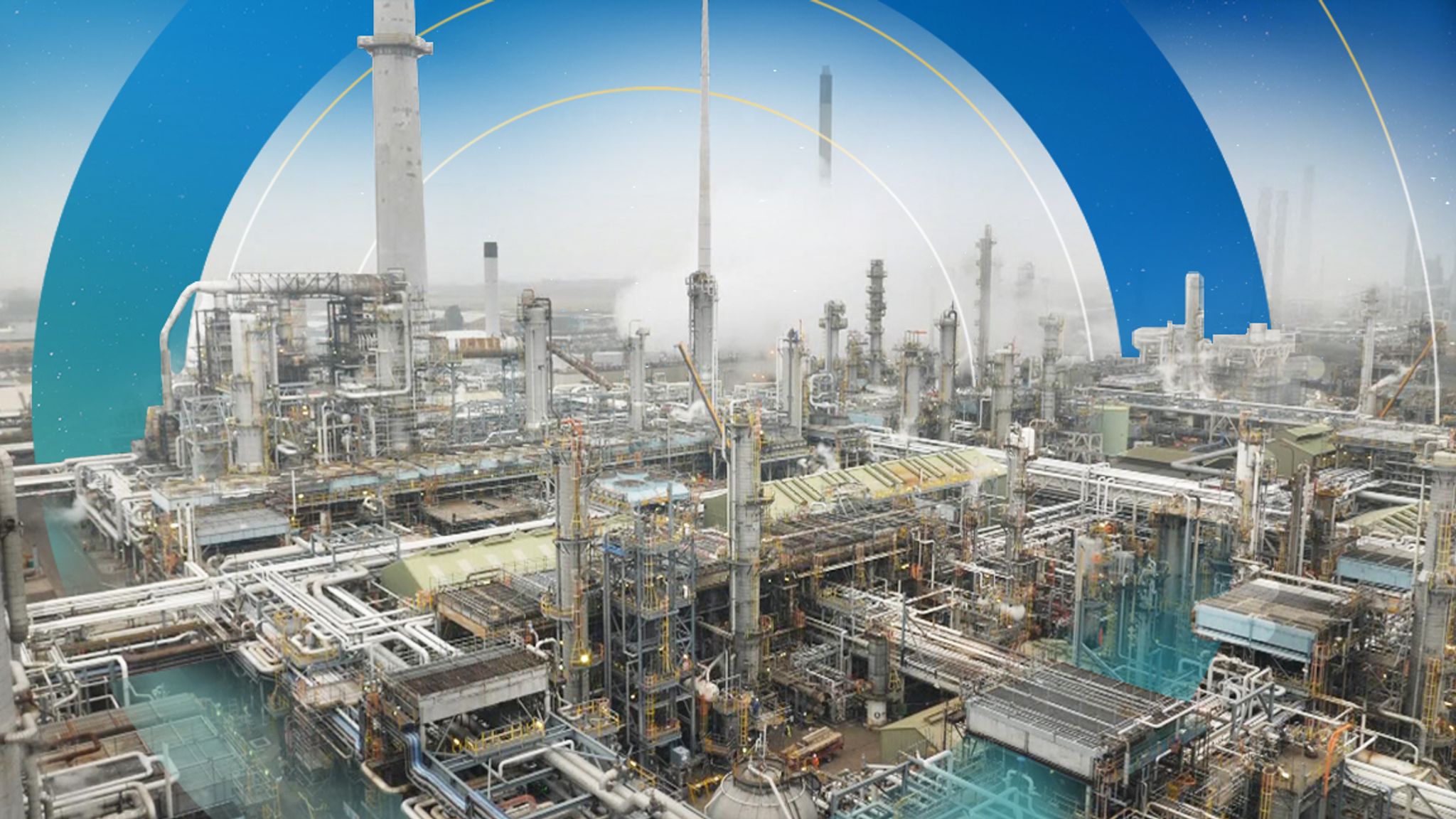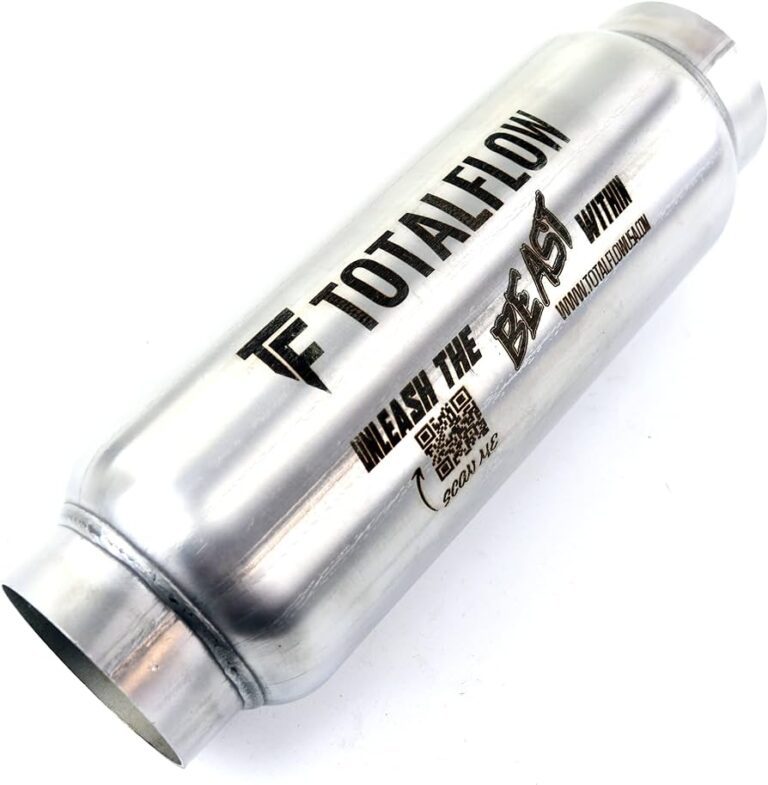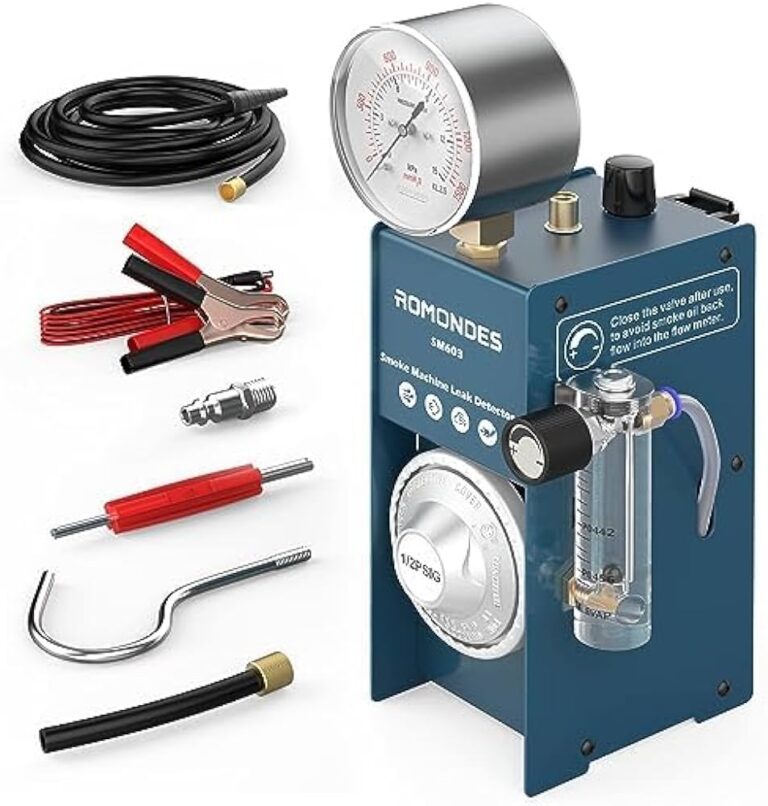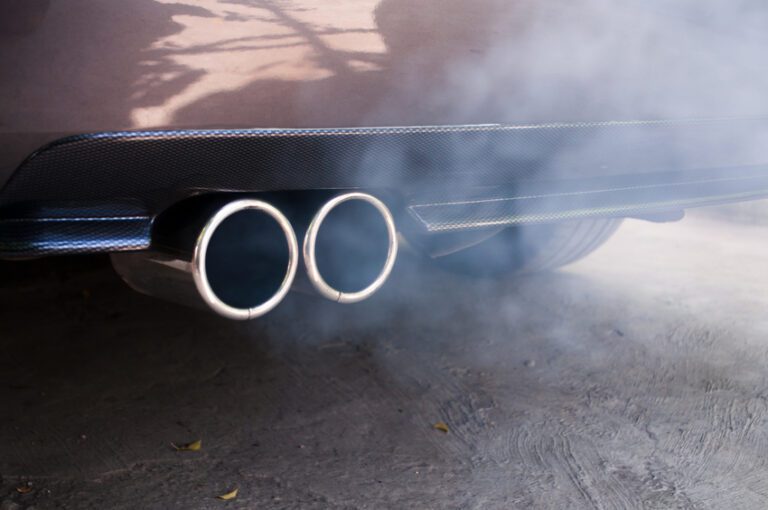Catalytic Converter Make Noise: Uncover the Secret Sounds and Find the Solution
Catalytic converter make noise due to internal damage or a loose heat shield, resulting in rattling or hissing sounds when the car is running. A catalytic converter is an essential component of a vehicle’s exhaust system.
Its main function is to convert harmful gases into less harmful emissions through a chemical reaction. However, over time, the catalytic converter can develop issues that cause it to make noise. One common cause of noise is internal damage, such as a broken or collapsed honeycomb structure inside the converter.
This can result in rattling or clanging sounds. Another possible reason for noise is a loose heat shield, which can cause a hissing or rattling sound when the car is in motion. If you notice unusual noises coming from your car’s exhaust system, it is important to have it inspected by a mechanic to identify and address any issues with the catalytic converter.

Credit: news.sky.com
Why Is Your Catalytic Converter Making Noise?
Catalytic converters can sometimes make different noises, indicating potential issues that need attention.
Rattling noises when accelerating: If you hear a rattling noise when you accelerate, it could be a sign that your catalytic converter’s internal components are failing or damaged.
Hissing or buzzing sounds during idling: Hissing or buzzing sounds during idling might indicate a leak in the exhaust system, potentially caused by a cracked or damaged catalytic converter.
Loud banging or popping noises: Loud banging or popping noises could be a result of unburned fuel entering the catalytic converter and igniting there. It may indicate an issue with your engine or ignition system.
Screeching or squealing sounds: Screeching or squealing sounds could be due to a loose heat shield around the catalytic converter, causing it to vibrate against other car components.
Understanding The Causes Of Catalytic Converter Noise
When it comes to catalytic converter noise, there are several potential causes that can be attributed to this issue. One common cause is loose or damaged heat shields. These shields are designed to protect the catalytic converter from excessive heat, and if they become loose or damaged, they can vibrate and create noise.
Another possible cause of noise is failing or broken internal components within the catalytic converter. Over time, the internal components can wear out or become damaged, leading to unusual sounds.
Exhaust pipe leaks or cracks can also contribute to catalytic converter noise. These leaks can create a whistling or hissing sound as the exhaust gases escape.
Finally, catalytic converter blockages can result in noise. Blockages can occur due to a buildup of deposits or a malfunctioning converter, which can lead to a rattling or clunking noise.
It is important to address any catalytic converter noise promptly, as it can be an indication of a larger issue. If you notice any unusual sounds coming from your catalytic converter, it is recommended to have it inspected by a qualified mechanic to determine the cause and necessary repairs.
Identifying The Source Of The Noise
Identifying the Source of the Noise
Listening for noise patterns: When diagnosing a noisy catalytic converter, it is important to carefully listen for any distinct noise patterns. These patterns can often indicate the source of the problem.
Inspecting the heat shields: One common cause of noise from a catalytic converter is a loose or damaged heat shield. Inspect the heat shields around the converter to ensure they are securely fastened and free from damage.
Checking for physical damage: Physical damage to the converter itself can also cause noise. Look for any visible signs such as cracks, holes, or dents. Even small damage can affect the performance and create noise.
Conducting a pressure test: Another method to identify the source of the noise is by conducting a pressure test. This involves inserting a pressure gauge into the exhaust system to measure the pressure before and after the catalytic converter. A significant difference in pressure can indicate a problem with the converter.
Solutions To Silence Your Noisy Catalytic Converter
Catalytic converters play a crucial role in reducing harmful emissions from your vehicle’s exhaust system. However, it is not uncommon for them to make noise over time. Fortunately, there are several solutions to silence your noisy catalytic converter:
- Tightening or replacing loose heat shields: Over time, heat shields can become loose or corroded, leading to rattling noises. Properly securing or replacing them can help eliminate the noise.
- Repairing or replacing faulty internal components: Internal components, such as the catalyst or oxygen sensor, can wear out or malfunction, resulting in noise. Identifying and fixing these issues can restore the converter’s performance and silence the noise.
- Fixing exhaust leaks and cracks: Leaks or cracks in the exhaust system can cause hissing or whistling sounds. Addressing these issues by repairing or replacing damaged parts can eliminate the noise.
- Clearing catalytic converter blockages: A blocked converter can lead to increased exhaust backpressure, resulting in noise. Inspecting and removing any obstructions can restore proper flow and reduce the noise.
Preventive Measures To Maintain A Quieter Catalytic Converter
Regular inspection and maintenance of your catalytic converter is essential to prevent it from making noise. Make sure to check for any leaks or damage in the converter and get it repaired or replaced as needed.
Using quality fuel and additives can also help maintain a quieter catalytic converter. Clean fuel with proper combustion can reduce build-up and deposits that can lead to noise. Additives can further clean the converter and restore its efficiency.
Avoiding excessive idling or aggressive driving can also contribute to a quieter catalytic converter. Idling for extended periods can cause build-up of unburned fuel, while aggressive driving can put excessive strain on the converter.
Monitor the performance of your exhaust system regularly to detect any issues early on. Look out for signs such as increased noise, reduced engine performance, or unusual smells. Addressing these issues promptly can prevent further damage to the catalytic converter and ensure a quieter operation.
Frequently Asked Questions On Catalytic Converter Make Noise
What Kind Of Noise Does A Bad Catalytic Converter Make?
A bad catalytic converter can make a rattling or clanging noise.
Is It Safe To Drive With A Rattling Catalytic Converter?
It is not safe to drive with a rattling catalytic converter. The rattling sound indicates a problem that needs attention. Driving with a faulty catalytic converter can lead to further damage and may result in increased emissions or reduced fuel efficiency.
Have it checked by a professional.
What Are Signs Of Bad Catalytic Converter?
Signs of a bad catalytic converter include reduced engine performance, a decrease in fuel efficiency, a strong smell of sulfur, problems with starting the vehicle, and the illumination of the check engine light.
Does A Bad Catalytic Converter Sound Loud?
A bad catalytic converter can sound loud due to increased exhaust noise.
Conclusion
If you’re experiencing unusual noises coming from your vehicle, there’s a strong chance that your catalytic converter could be the culprit. These noises should not be taken lightly as they can indicate potential issues with your converter. It is crucial to address these problems promptly to avoid further damage and costly repairs.
By being aware of the warning signs and seeking professional help, you can keep your catalytic converter in good working condition, ensuring optimal performance and longevity for your vehicle.






